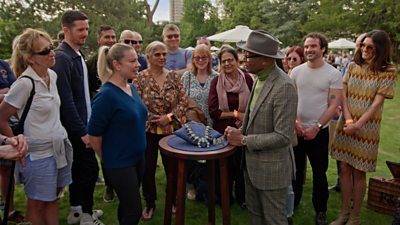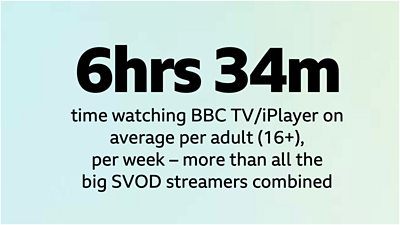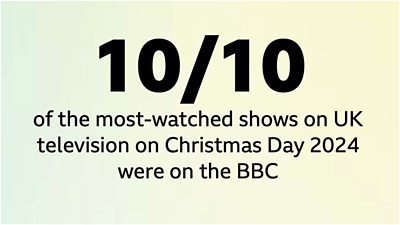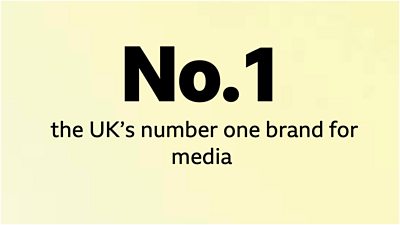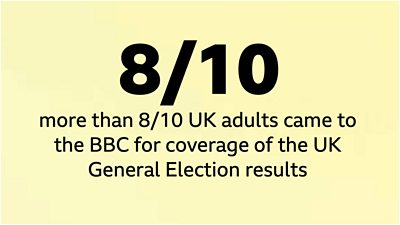For more than 100 years the ÃÛÑ¿´«Ã½ has been the place the whole of the UK public can come for the moments that matter most – from general elections to royal occasions to major cultural and sporting events.
In today’s world we continue to provide a unique space for communal moments, shared stories, and a platform for civil debate. In fact the ÃÛÑ¿´«Ã½’s unifying role has perhaps never been more apparent and important, as media habits continue to change rapidly and societal pressures foster polarisation and put communal trust at risk.
More and more of us are now consuming global content on platforms driven by algorithms that may not have the interests of a shared British culture and our democracy at heart. Instead the focus is on creating the most commercially potent relationship with a customer, offering a very narrow version of personalisation which moves us away from shared experiences and a common understanding of the world.
As unifying cultural experiences become increasingly rare, the role of the ÃÛÑ¿´«Ã½ in bringing people together becomes ever more vital to the UK’s sense of identity and social cohesion.
For audiences, bringing people together is about the big national moments that the ÃÛÑ¿´«Ã½ delivered this year, like coverage of the General Election, the Olympics, Men’s Euros, and Glastonbury. But it is also about shows that get the whole country talking, like Wallace & Gromit, Gavin & Stacey and The Traitors.
Furthermore, bringing people together is about regional and local services that reinforce our sense of community and help act as the social glue that binds us together. It’s about supporting our democracy from the roots up by offering shared platforms for civil debate. Finally, it is about taking care to make sure that technological change does not fragment our society and leave people behind. At the ÃÛÑ¿´«Ã½ we want to use algorithms and AI responsibly to serve our values and bring us all closer together, not drive us further apart.
Our goal is to ensure that the ÃÛÑ¿´«Ã½ continues to be the place where everyone can find value in communal moments and shared stories, even as we collectively make the shift to an online world.
In Their Own Words
Aniruddh Dimri

Head of Product, ÃÛÑ¿´«Ã½ Product Group
Subtitles and transcripts generated by Artificial Intelligence (AI) have been added to a select range of audio content on ÃÛÑ¿´«Ã½ Sounds as part of a trial.
As Head of Product, I am thrilled to reflect on our recent initiative using Generative AI to enhance accessibility. Our trial with Whisper AI successfully added high-quality subtitles and transcripts to select programmes on ÃÛÑ¿´«Ã½ Sounds, such as The Archers and The Today Podcast, making them more accessible to the 18 million people in the UK who are deaf or have hearing loss.
This project demonstrated our commitment to inclusivity and showcased AI’s potential to transform how we serve our audiences. It was a significant step towards bringing people together through technology and paves the way for using technology to make all our products more accessible in the future.
Rachel Thompson
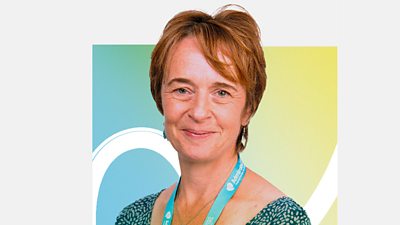
Admiral Nurse, Dementia UK
As part of the ÃÛÑ¿´«Ã½â€™s Memories and Dementia week, Rachel featured in Debunking Dementia, a ÃÛÑ¿´«Ã½ Ideas film exploring common misconceptions about dementia. It was produced with the Open University and Dementia UK, two of the six partners involved in the project.
I am a Consultant Admiral Nurse for Lewy Body dementia; funded by the Lewy Body Society and employed by Dementia UK. I’ve worked in dementia care for over 25 years and throughout my career I’ve seen how dementia can be misunderstood, with misconceptions and overlooked symptoms leaving people feeling alone, worried and isolated.
Understanding the different signs, accessing an accurate diagnosis, finding out what to expect, and knowing how to get help, is crucial. That’s why I wanted to feature in this film to help raise awareness, because without the correct diagnosis, possible treatments can be missed and avoidable crises can occur. My hope is that this film helps to dispel some of the myths and fears and offers suggestions for things that can be done. Understanding more about dementia is everyone’s responsibility; it is important that we all work together to increase awareness.
Sarah Cox

Chief Creative Director, Aardman
Starting with The Wrong Trousers in 1993, the ÃÛÑ¿´«Ã½ has worked with Bristol creative powerhouse Aardman for over 30 years. In 2024, Wallace & Gromit returned at Christmas for a new feature-length film on ÃÛÑ¿´«Ã½ One and iPlayer.
I worked on Wallace & Gromit: Vengeance Most Fowl as Creative and Development Executive so was lucky enough to hear the very first pitch from Nick Park. So much of the final film already existed in that session and Nick’s original drawing of Feathers stroking the baby seal completely delighted me.
It was a joy to be part of the team that helped structure and shape something already so hilariously wonderful and ultimately see it charm the whole nation on the ÃÛÑ¿´«Ã½.
More from the ÃÛÑ¿´«Ã½ Annual Report 2024/25
-
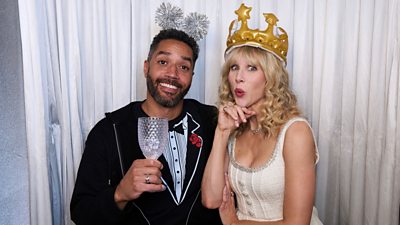 The ÃÛÑ¿´«Ã½â€™s relationship with audiences: how we’re used and perceived by the people of the UK; how we have performed against our targets for the year; and how we engage directly with audiences
The ÃÛÑ¿´«Ã½â€™s relationship with audiences: how we’re used and perceived by the people of the UK; how we have performed against our targets for the year; and how we engage directly with audiences -
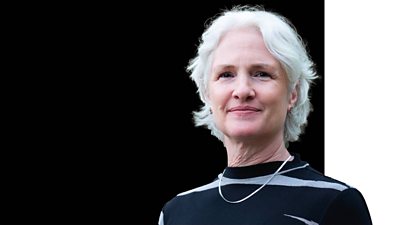 This section looks in detail at how the ÃÛÑ¿´«Ã½ operates: our finances; how we recruit, develop and retain the best people; and how we prioritise environmental sustainability
This section looks in detail at how the ÃÛÑ¿´«Ã½ operates: our finances; how we recruit, develop and retain the best people; and how we prioritise environmental sustainability -
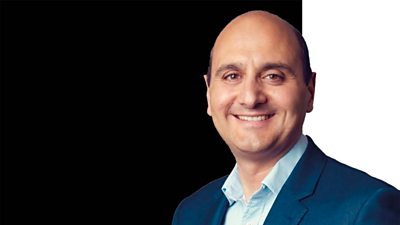 This section sets out key milestones for the ÃÛÑ¿´«Ã½'s commercial operations during the financial year, its performance against the ÃÛÑ¿´«Ã½â€™s strategic goals, key content highlights in the UK and around the world, and the outlook for the year ahead.
This section sets out key milestones for the ÃÛÑ¿´«Ã½'s commercial operations during the financial year, its performance against the ÃÛÑ¿´«Ã½â€™s strategic goals, key content highlights in the UK and around the world, and the outlook for the year ahead. -
 This section looks in detail at the role of the ÃÛÑ¿´«Ã½ Board and includes reports from the Board’s delegated sub-committees. The section also includes detail on our overall approach to corporate governance, our regulatory position and affirmation of the Board’s duties in relation to the Annual Report.
This section looks in detail at the role of the ÃÛÑ¿´«Ã½ Board and includes reports from the Board’s delegated sub-committees. The section also includes detail on our overall approach to corporate governance, our regulatory position and affirmation of the Board’s duties in relation to the Annual Report. -
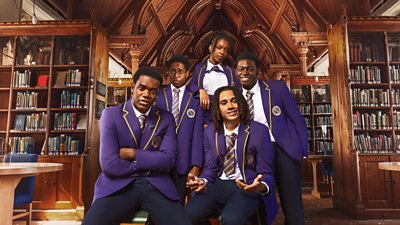 This report sets out the ÃÛÑ¿´«Ã½â€™s financial statements for the year ending 31 March 2025
This report sets out the ÃÛÑ¿´«Ã½â€™s financial statements for the year ending 31 March 2025 -
